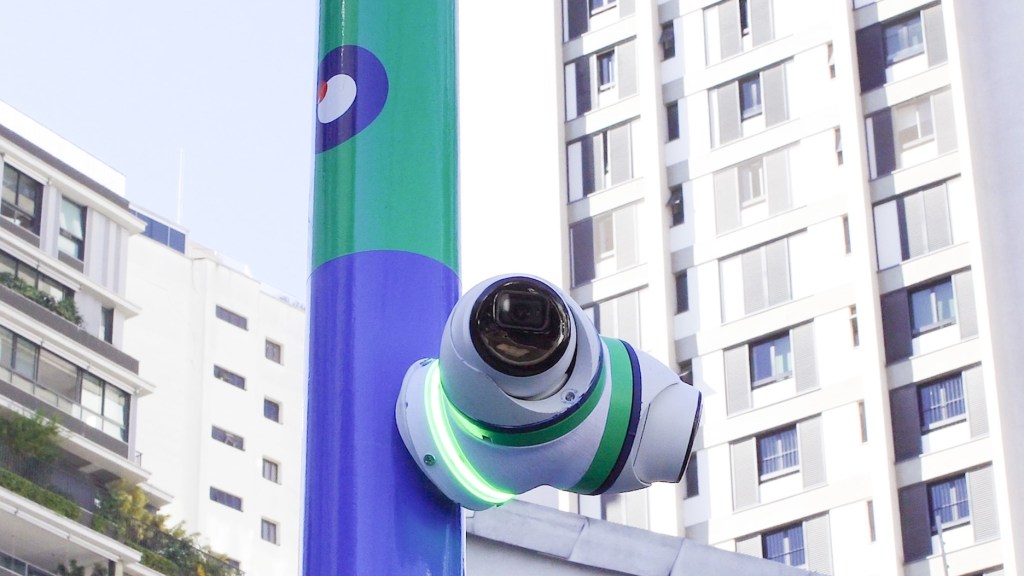Gabriel’s urban intelligence infrastructure aims to create safer neighborhoods across Latin America

Erick Coser and Otávio Costa Miranda moved back to Brazil in 2019 to solve a large, yet unsolved problem in Latin America.
Both had backgrounds in building companies to solve urban problems and identified a problem with safety and how information was being shared.
“Brazilian citizens are already some of the world’s top acquirers of private CCTV systems, which is easy to notice as one walks around the streets of Rio de Janeiro or São Paulo,” Costa Miranda told TechCrunch via email. “At the same time, Brazilian cities lie amongst the ones with the lowest numbers of cameras per thousand citizens, the main key performance indicator for measuring how well-monitored a city is.”
Costa Miranda said cities like New York and Los Angeles have 10 cameras per 1,000 people, while in London, that is more than 60 cameras. Meanwhile in São Paulo, that is one camera per thousand people. In fact, Costa Miranda called São Paulo “Brazil’s best-monitored city.”
Instead, citizens there are utilizing their own decentralized surveillance grid, but using cheap and outdated cameras that aren’t accessible by police officers working to solve crimes.
Ubiquiti fixes glitch that exposed private video streams to other customers
Coser and Costa Miranda drew on the experiences of Europe to create Gabriel in 2020. The company integrates cameras and computer vision with routine police operations to address public safety challenges across Latin America.
Gabriel is building what Costa Miranda touts as “Latin America’s largest urban intelligence infrastructure” by installing and connecting proprietary smart cameras, called “Chameleons,” in the homes and businesses of subscribers to face the streets. Data is extracted from images and then made available to authorities. Typical subscribers are private citizens and homeowner associations.
“In the past three years, we already own Rio de Janeiro and São Paulo’s densest camera networks,” Costa Miranda said.
This includes thousands of smart cameras in operation. The company touts that its network has helped police officers identify an average of six crimes per day, a 5x increase in the past 12 months.
Over the past year, Gabriel went from a negative gross margin business to one with SaaS-like margins. It also increased its average ticket and doubled revenue year over year.
Today, the company announced $7 million in new funding in a round co-led by Qualcomm Ventures and Astella. It also included existing investors SoftBank, Canary, LTS, Globo Ventures, Norte and Endeavor.
Coser and Costa Miranda intend on using the new funding to develop further technology so that security business owners, governments, agents and third-party providers can operate Gabriel’s system on a self-serve basis.
“Making Latin America safe is one of those big, bold bets,” Coser said via email. “To get there, we still have plenty of work to do to build a world-class video monitoring system combined with city-wide abnormalities detection and dispatch, fully interoperable with our hardware, easy to set up and affordable. That walks side-by-side with strong investments in the takeover of São Paulo in 2024 and preparations for launching new cities in 2025.”
Deep tech in Latin America and the Caribbean is set to skyrocket